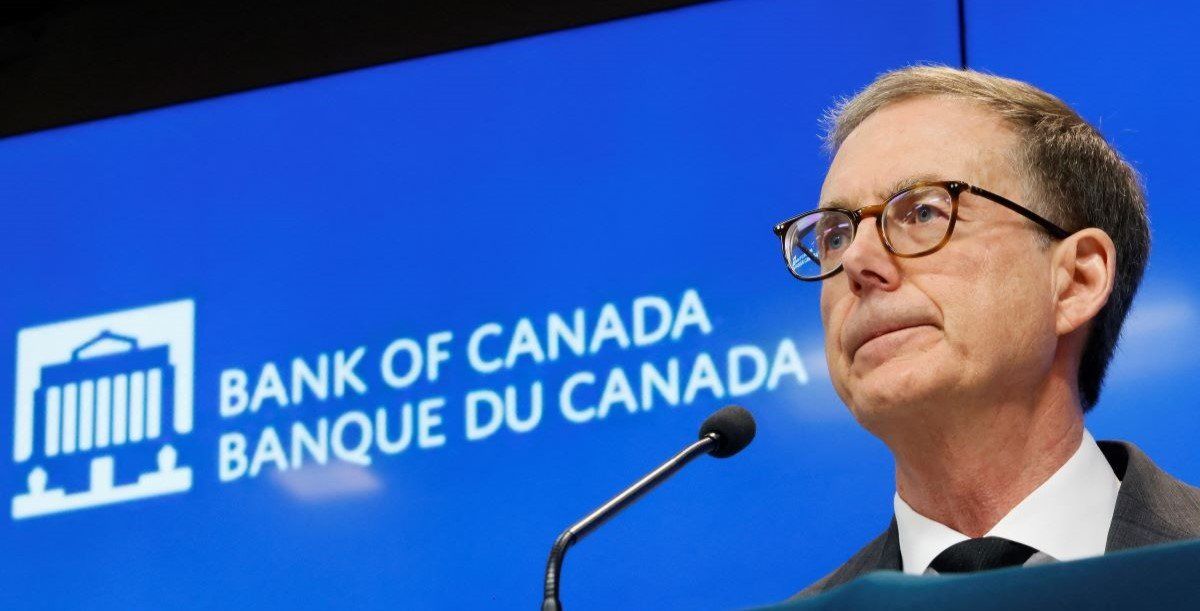Hard Numbers: BoC warily holds rates, Canada lobbies China for tariff relief, Trump gives borderlands to the Army, Global growth forecasts fall, Major League Baseball struggles to attract Black talent
2.75: Canada’s central bank held its key interest rate steady at 2.75% this week, ending a streak of seven consecutive cuts. Despite concerns about a slowing Canadian economy, and a lower-than-expected inflation reading earlier this week, the regulator opted not to cut rates due to massive uncertainty about the extent and impact of Donald Trump’s tariffs.
100 and 25: Canadian industries are busy lobbying one of the world’s largest economies for tariff relief — but, in this case, it’s not the US but China. The world’s number two economy last month slapped a 100% tariff on Canadian canola products and a 25% levy on pork and seafood. The move, which could cost some Canadian meat-processors more than $100 million this year, was made in retaliation for Ottawa’s tariffs on Chinese EVs.
110,000: The Trump administration transferred nearly 110,000 acres of federal land along the US southern border to the Army, as part of its efforts to rein in illegal immigration and drug smuggling. The move, which lasts three years, will permit increased federal patrols, broaden the powers of US troops there to detain migrants, and facilitate the construction of more border security infrastructure.
2: Global economic growth will fall below 2% this year, the weakest showing since 2009, excluding the pandemic. That’s the grim new forecast from Fitch Ratings, a leading global ratings group. Fitch said it had slashed its global growth prognosis by 0.4 percentage points because of the expected impact of the US tariffs and the deepening trade war between the US and China, the world’s two largest economies.
6.2: This week Major League Baseball celebrated Jackie Robinson Day, honoring the storied Brooklyn Dodger who became the first Black player to take the field in the big leagues. But 78 years after Robinson broke the color barrier, black players made up just 6.2% of the names on Opening Day rosters this year, down from a peak of about 19% in the early 1980s.
